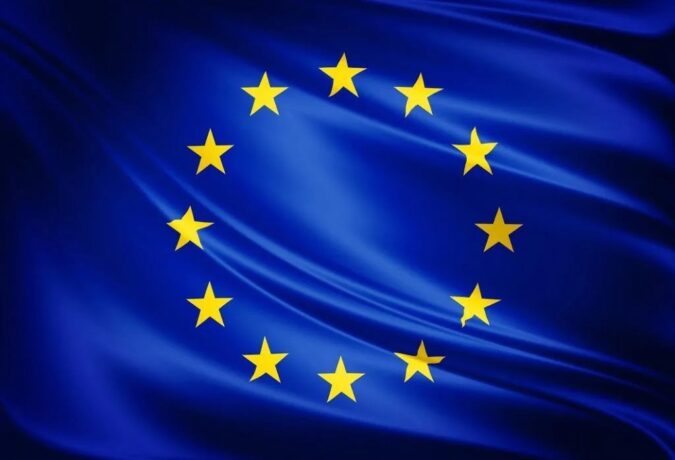 The scale of destruction at the Nord Stream gas pipelines indicates that it was some kind of a terrorist act, Kremlin spokesman Dmitry Peskov said on Thursday.
The scale of destruction at the Nord Stream gas pipelines indicates that it was some kind of a terrorist act, Kremlin spokesman Dmitry Peskov said on Thursday.
“This is precisely an incident. So far, we cannot give a clearer definition.
This incident could hardly have taken place without the involvement of any state, the official added.
Commenting on the possible timing of the relaunch of Nord Stream 1, he said that it was a technical question and so could not answer it.
Seismologists reported underwater blasts before the leaks emerged.
“There is no doubt that these were explosions,” said Bjorn Lund of Sweden’s National Seismology Centre, as quoted by local media.
The operators of Nord Stream 2 warned of a loss of pressure in the pipeline on Monday afternoon. That led to a warning from Danish authorities that ships should avoid the area near the island of Bornholm.
Meanwhile, Ukraine has accused Russia of causing leaks in the two major gas pipelines to Europe in what it described as a “terrorist attack”.
“Gas leak from NS-1 (Nord Stream 1) is nothing more than a terrorist attack planned by Russia and an act of aggression towards the European Union (EU).
“Russia wants to destabilise the economic situation in Europe and cause pre-winter panic,” Ukrainian presidential adviser Mykhaylo Podolyak tweeted in English.
He added that Russia wanted to cause pre-winter panic and urged the EU to increase military support for Ukraine.
Polish Prime Minister Mateusz Morawiecki blamed it on sabotage and said it was probably linked to the war in Ukraine.
Denmark’s Prime Minister, Mette Frederiksen, said it was too early to come to conclusions, but that it was hard to imagine the multiple leaks could be a coincidence.
At the same time, unconfirmed reports in German media said authorities were not ruling out an attack on the undersea gas network.
The EU has previously accused Russia of using a reduction in gas supplies as an economic weapon, in response to European sanctions imposed because of Russia’s invasion of Ukraine.
However, Moscow denies this, saying the sanctions have made it impossible to maintain the gas infrastructure properly.






















